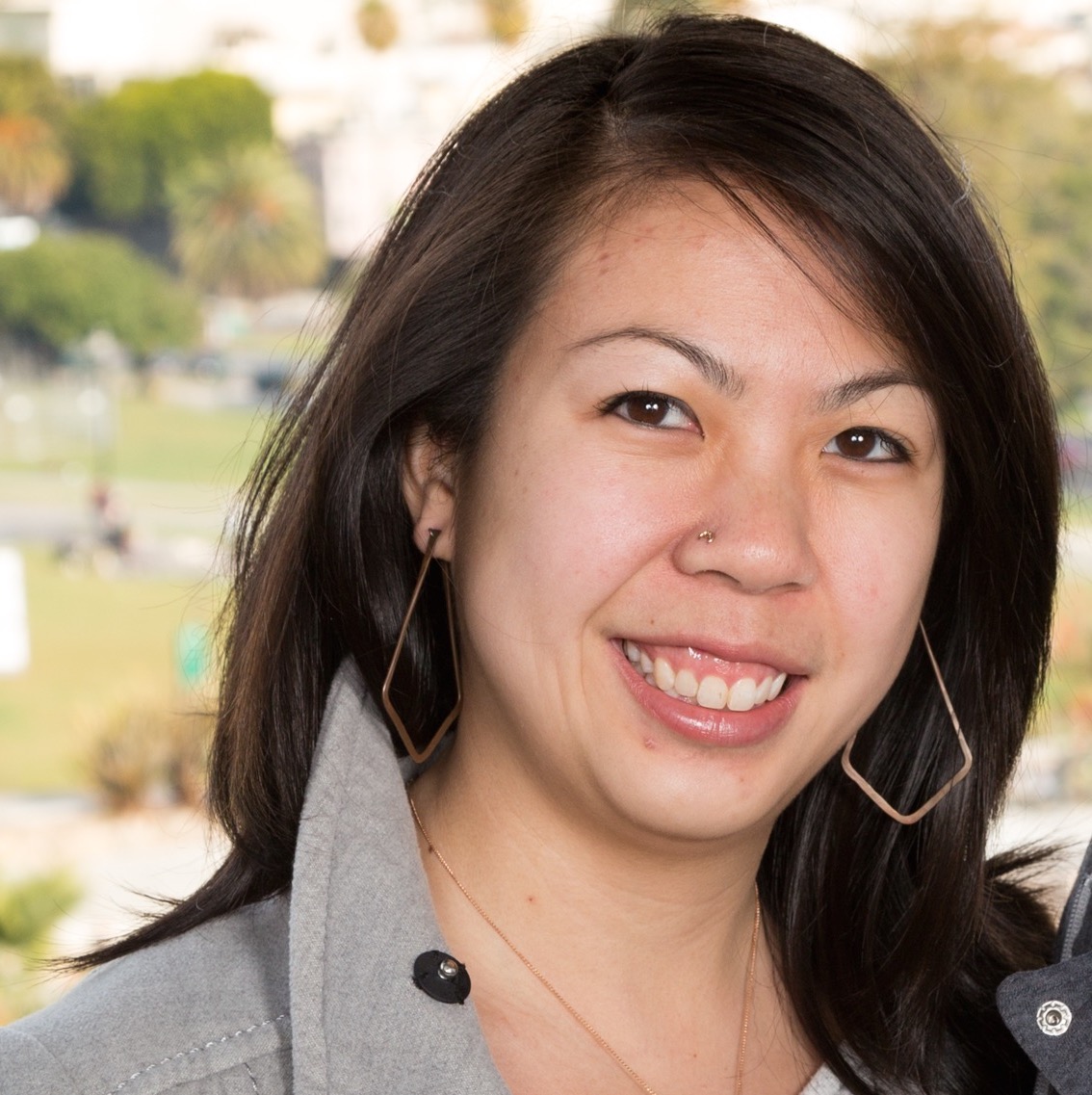
Professionals no longer work in individual silos. As industries and fields overlap, professionals are increasingly sharing clients and objectives. The medical and legal fields are no exception. Both have been greatly affected by the rise of social media, and both are concerned with emerging legislation that dictates how physicians practice. Doximity had the pleasure of speaking with Dorit Reiss, professor of law and vocal advocate for pro-vaccination policies.
Professor Reiss first entered the fight for vaccinations on social media as a parent.
“Initially, [I] responded to [an] anti-vaccine comment online when my older son, who is now nine, was a little over two years old,” says Professor Reiss. “I started reading more, and one of my former students recommended Seth Mnookin's ‘The Panic Virus.’ My takeaway from the book was that pro-vaccine parents should speak up more on social media. So, I started commenting.”
But social media is not the only outlet on which Professor Reiss is active. She also participates in public discussion panels, engages with journalists for newspaper features, and writes on tort liability issues and school mandates.
“My first professional writing on this was in the area of tort liability for vaccines, in response to a blog post opposing such liability,” she says. “Since then I've written about policies to improve vaccine rates, including exemptions, financial incentives, etc. I also wrote about other areas as the need arose, including regulation of vaccines, mandates in the workplace, and more.”
Of course, being a strong vocal advocate for any controversial topic has its challenges. “I have experienced, and still do [experience], backlash,” Professor Reiss says, listing examples. “Personal attacks on me and my children are common. Complaints to my workplace and demands to get me fired. Public Records Act asked for my email, my teaching schedule, my traveling expenses, my salary, and more. Negative articles [have been] written about me — google my name and vaccines. Phone threats, including on my husband's phone, etc. Recently a talk was canceled by a university in response to anti-vaccine threats.”
Negative responses on social media has fueled Professor Reiss to do more and be an even stronger advocate for vaccinations. “Often, getting pushback — especially attempts to intimidate — makes me want to do more, so I go that route.”
Professor Reiss does not let negative opinions influence her emotionally. “It really is nowhere as important as the opinion of people I respect or like. It can get to you when you're already tired and vulnerable, but at those times, if these things weren't around you'd likely find other things to be upset over. It tends to get my back up, not the reverse.”
Professor Reiss believes that the main challenge is political, not legal. “Anti-vaccine groups mount aggressive opposition, and that can be hard to overcome. You need strong political will or motivation. Legally, courts have consistently upheld vaccine mandates.”
Professor Reiss encourages physicians to continue educating their patient families about the importance of vaccinations in tandem as professionals like herself work toward increasing vaccination rates.
“If parents' choice to reject expert opinion and risk their child harms others, they should pay. I would encourage legislatures to create a statutory duty to act,” she says.
For now, Professor Reiss thinks existing mandates and incentives are often effective. “School mandates work. I think financial incentives do help — not with the parents who are extremely against vaccines, those are likely unreachable — but in the larger group of vaccine-hesitant. That said, my main argument for financial tools is more about internalizing costs: others should not bear the cost of a parent's choice. I think school mandates are likely the most effective tool we have, and financial incentives a complement.”
Professor Reiss believes that physicians should be aware of the legal risks when treating unvaccinated children.
“I would not recommend physicians to not treat unvaccinated children because I think it's tricky to penalize children because their parents did not protect them from disease, and it gives them the opportunity to convince the parents to change their minds,” Professor Reiss says. “That said, treating unvaccinated children does create risks to other patients — and a risk of liability for the doctor if other patients are harmed. Doctors need to consider that.”
Because social media is an available platform for both physicians and legal experts to educate the general public, Professor Reiss offers advice to physicians facing social media challenges. “First, as a general thing, I think we need to offer better support to physicians engaging in these discussions. Second, I think it’s important to remember that as tiring and frustrating as it is sometimes you're: (A) doing something very meaningful when you engage in correcting anti-vaccine myths, [and] (B) are in really good company; there are amazing people doing this.”
Illustration by Jennifer Bogartz







